This is part one of a 5-part series about decluttering called “Cut Through Clutter.” You can find the other parts of this series below.
- The Best Books About Decluttering – Part 2
- Decluttering Made Easy with Four Tips – Part 3
- 6 Rules of Decluttering – Part 4
- Wrap Up and Motivation for Decluttering – Part 5
Let’s talk about clutter for a few minutes. More specifically let’s talk about the psychology of clutter.
What causes it? Why is it so hard to declutter?
What does all that extra “stuff” in our lives do to our brains and our well-being?
And how do you cut through all that clutter?
As a society in the western world, and the United States, in particular, we have more stuff than ever before.
Our houses are bigger. Our closets are bigger. But, every closet, every “spare” room, and even the garage is full of stuff.
Since becoming a mom, I’ve found there are so many things that are harder to get rid of than I ever imagined.
Even things that are broken or no longer used by my toddler are hard for me to part with.
Broken board books, baby clothes with set-in stains, even blurry photos on my phone I just can’t seem to throw away or delete.
So, I’ve been doing more research about clutter lately and organizing things. Going through paperwork and trying to clean up all the “stuff” I have accumulated over the years.
I don’t know…call it fall cleaning I guess?
But, doing all this and writing this series has really shown me that there is an entire industry that’s grown up around helping us deal with our clutter.
From stores that sell organizing solutions to organizing and decluttering consultants, and even storage units that allow us to keep even more stuff we don’t have room for.
Over the next few weeks, we will explore what clutter is and how you can cut through the clutter in your life.
Through this series, you will find lists of books you can use to help you declutter, rules of decluttering, ways to manage the stress that comes with decluttering, and easy things to toss along the way (yes those broken baby board books can really be thrown away…I promise!).
But, before we dive into the various methods, rules, and items you can toss along the way, we need to understand what clutter is and how it can actually hurt you.
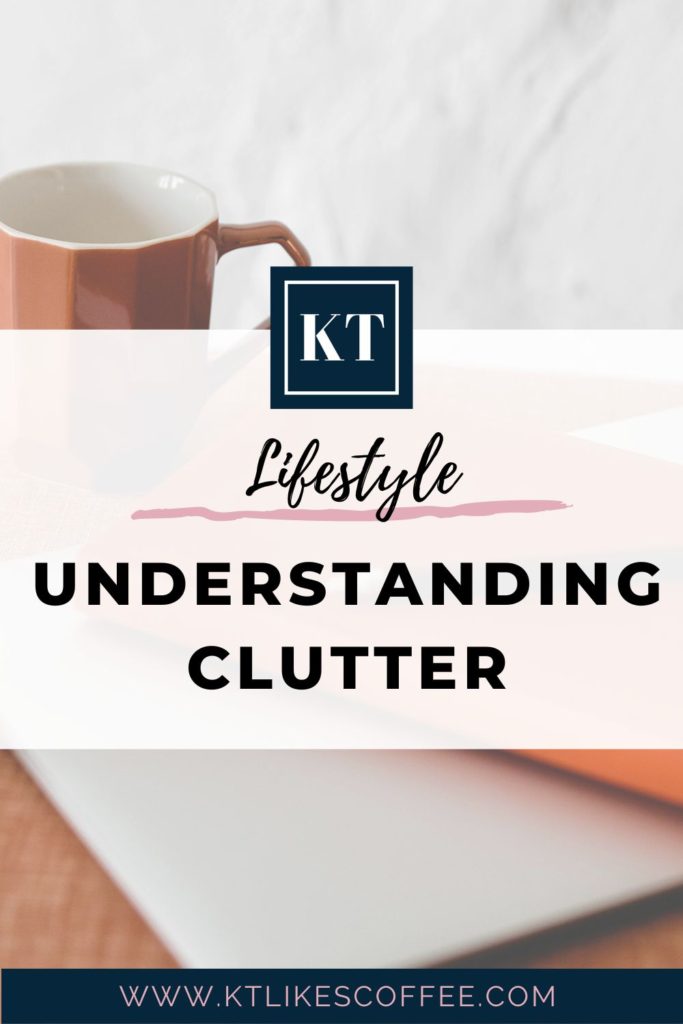
Four Ways Clutter Is Distracting and How It Can Hurt You
If nothing else, all this clutter and all this extra stuff can be very distracting.
When was the last time you spent more than a few minutes trying to find something among all the extra things you’re keeping around “just in case”?
Think about the time you’re wasting each and every day searching for stuff or shifting things around to get to the item you need. That’s time you’re not getting back.
Even when you’re not actively looking for something, the clutter can be very distracting.
You may not think that you’re noticing it, but you are.
You’re keeping mental tabs on everything around you and that can be quite distracting.
#1 – It’s much more relaxing and a lot easier to focus in a relatively clean and clutter-free environment.
Clutter can also keep us from moving on. It’s a coping mechanism that keeps us stuck in the past and it all has to do with why we hang on to so much stuff in the first place.
Some things we keep because of the memories attached to them. Others we hold on to because it causes us too much pain to let them go.
Most of us have an old t-shirt or stuffed animal hidden in the back of the closet that we’ll never wear again or snuggle with. We hold on to it because it reminds us of our childhood or youth.
You may hold on to other things that either remind you of your own past, or that belonged to a loved one that you can’t make yourself part with.
#2 – Letting go of things and getting rid of physical items that we’ve grown attached to can hurt us.
But sometimes facing that pain is part of the overall healing process.
We hold on to notebooks and paperwork from that failed business opportunity, or the treadmill we bought to get into shape.
Letting go and getting rid of either feels like we’ve truly given up on the idea.
#3 – Clutter can hurt your brain.
It’s much harder to focus on anything from simple household chores to doing your taxes, finishing up an important report for your boss, or writing a paper.
It makes it harder to process information so everything that’s going on around you in a cluttered environment takes a lot more brain power.
That in turn leaves you with less energy for the fun stuff.
#4 – Last but not least, clutter stresses us out.
I’m sure you’ve noticed this yourself and it’s the reason most meditation or yoga spaces are sparely furnished and never cluttered.
We’re much more stressed when living in a cluttered space.
Add to that the mental and digital clutter we’re dealing with on a regular basis and it’s no wonder we’re so stressed out in the western world.
And, with that comes all sorts of stress-related illnesses including an increased risk of stroke and heart disease.
Who knew that part of the solution could be something as simple as cutting through clutter?
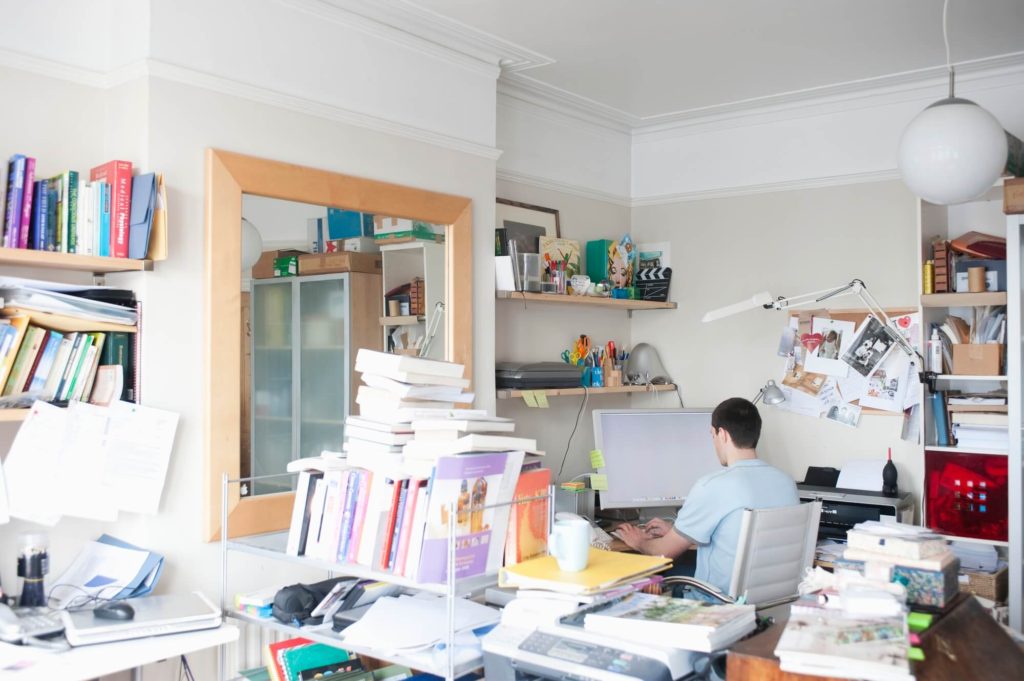
Cut Through Clutter – Physical vs. Digital Clutter
Clutter isn’t just physical.
I mentioned earlier that it’s hard for me to delete even blurry pictures of my daughter from my phone.
Well, that’s partly because since the advent of computers and mobile devices, we’ve gotten very good at holding on to digital clutter as well.
And, since digital clutter doesn’t take up a lot of physical space, it’s almost easier to accumulate.
Take a few minutes and figure out where exactly you’re keeping your digital clutter.
Places to start looking are your laptop/computer, external hard drives, tablets, and phone, but don’t forget memory cards that hold digital photos too.
Then there are digital storage solutions that don’t take up any physical space at your home like your cloud backups and email accounts for example.
You may not think much about the thousands of emails sitting in your Gmail inbox, but it’s all digital clutter that adds up.
You don’t even realize how much that full email inbox is weighing on your mind until you make the effort to clear it out.
And, it is incredible how freeing that feeling is.
Give it a try and you’ll realize first-hand that digital clutter impacts you just as much as physical clutter does.
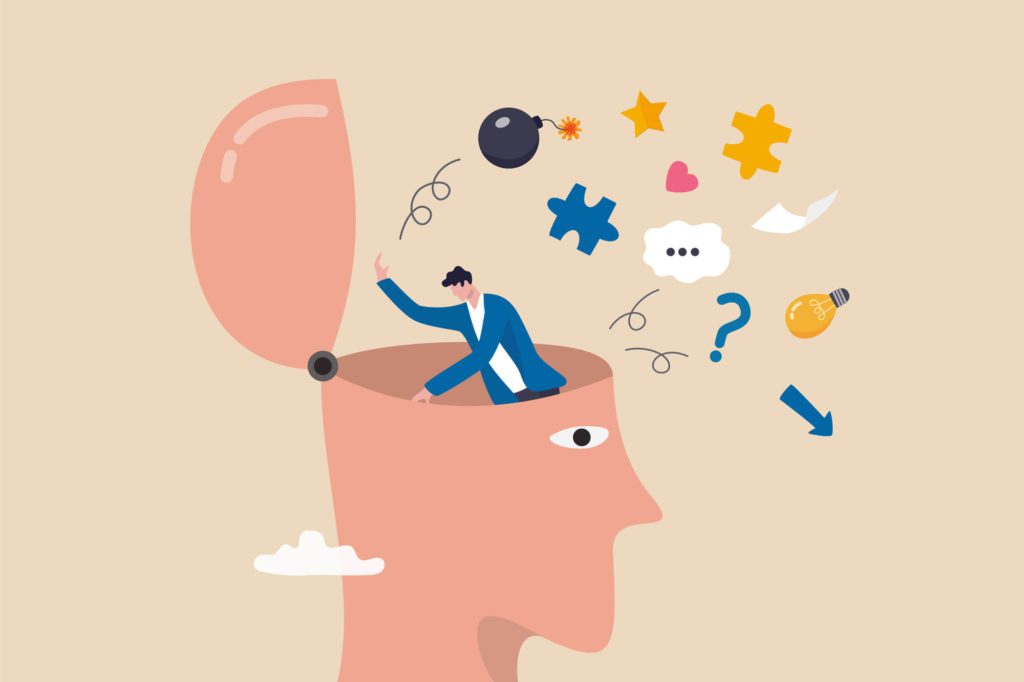
Understanding Mental Clutter
Clutter, be physical, digital, or even the clutter of ideas and dreams in our head, takes up room.
It takes up physical space, digital space, and most importantly it takes up room in our brain to keep track of it all.
Start thinking about how you can reduce that clutter to leave more “headspace” for the important stuff.
Something as simple as a brain dump exercise can be a great place to start!
Not only will it help you declutter and organize your thoughts, but a lot of thoughts about all your physical and digital clutter will also come up as well and help you come up with a plan to tackle them one at a time.
Doing a “brain dump” is actually very easy to do.
It can be a bit exhausting while you do it, but the end result and the peace of mind you get from it are well worth the effort.
Grab a notebook or a few pages of scrap paper and a pen.
Then start writing down everything you need to or want to get done. EVERYTHING.
Write down your dreams, aspirations, and goals.
Write down appointments you need to remember and chores that need to be taken care of.
Don’t edit, don’t second guess yourself.
Just focus on getting it all out of your head and onto the paper. When you’re all done, take a deep breath and notice the freeing and calming feeling.
Later on, you can go through the list, organize it, cross out items you don’t really need, and use the rest as a starting point to cut through clutter, be it physical, digital, or mental.
My free work from home planner even has a work brain dump page for just this type of exercise! Get access to the planner by signing up below.
From Minimalist to Organized Chaos – Cut Through Clutter by Finding Your Clutter “Sweet Spot”
There is one more psychological aspect of clutter that we need to talk about before we wrap up this introduction to clutter and kick off this “cut through clutter” campaign, and that’s finding your own clutter sweet spot.
Here’s what I’m talking about…
Some people thrive in a very sparse and clean environment with no unneeded items in sight and everything in its place.
Others need quite a bit of organized clutter around them to feel calm and comfortable.
In reality, most of us fall somewhere in the middle of needing things around us but also needing organization too.
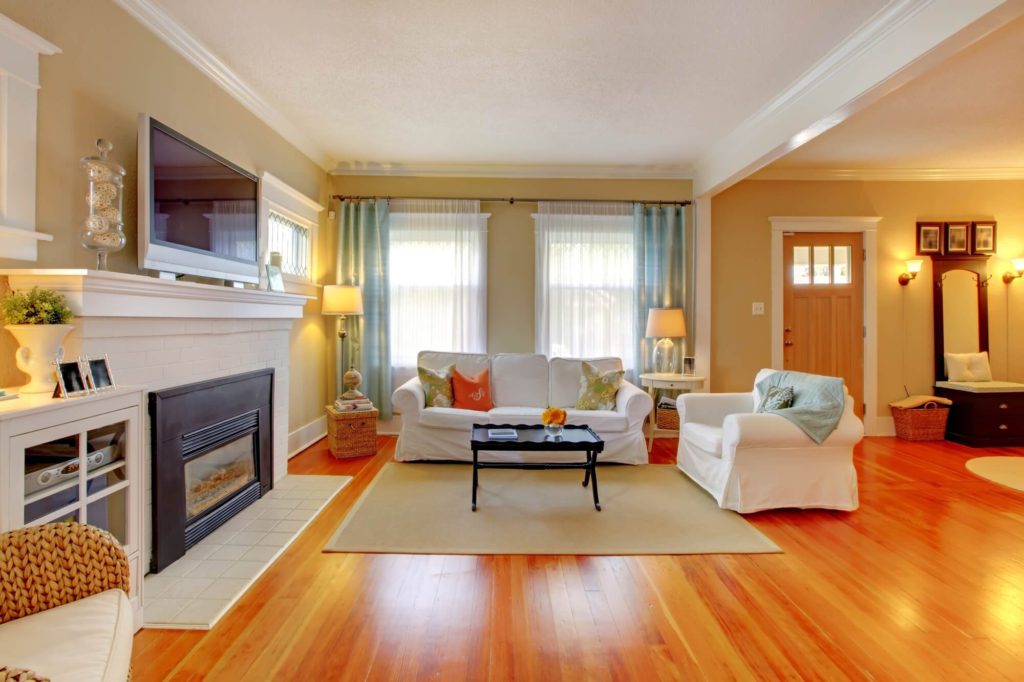
It’s important to realize that your house doesn’t have to be Architectural Digest (AD) perfect at the end of the day.
Basically whatever your sweet spot is when it comes to clutter simply has to work well for you and your family.
This means you don’t have to work from a blank desk or that the books on your shelves have to be perfectly organized by topic, author, size, or color.
If you work better at a desk that includes a couple of family pictures, a notepad, an assortment of pens, and a stress ball, then go for it.
Just be careful that you don’t let the clutter take over. It has a tendency to multiply.
The key is to find your very own sweet spot when it comes to clutter and how much stuff you have laying around.
Finding that sweet spot can be a little tricky, especially at first.
To find it, start with a completely clutter-free environment. Spend the time and effort to declutter, clean, and organize until you’re left with a space that’s as sparse as you can make it.
Cut through clutter series tip #1 – A good time to do this is when you are moving! Decluttering as you are packing is great, but also think about decluttering while you unpack in the new place too!
Don’t strive for perfection, this is really key.
You aren’t trying to be perfect, you are just trying to do the best you can for your individual situation.
For example, if you’re living with young children, your house will never look like a model home mainly because there will always be toys around.
That’s ok.
Give it your best and use that as your starting point.
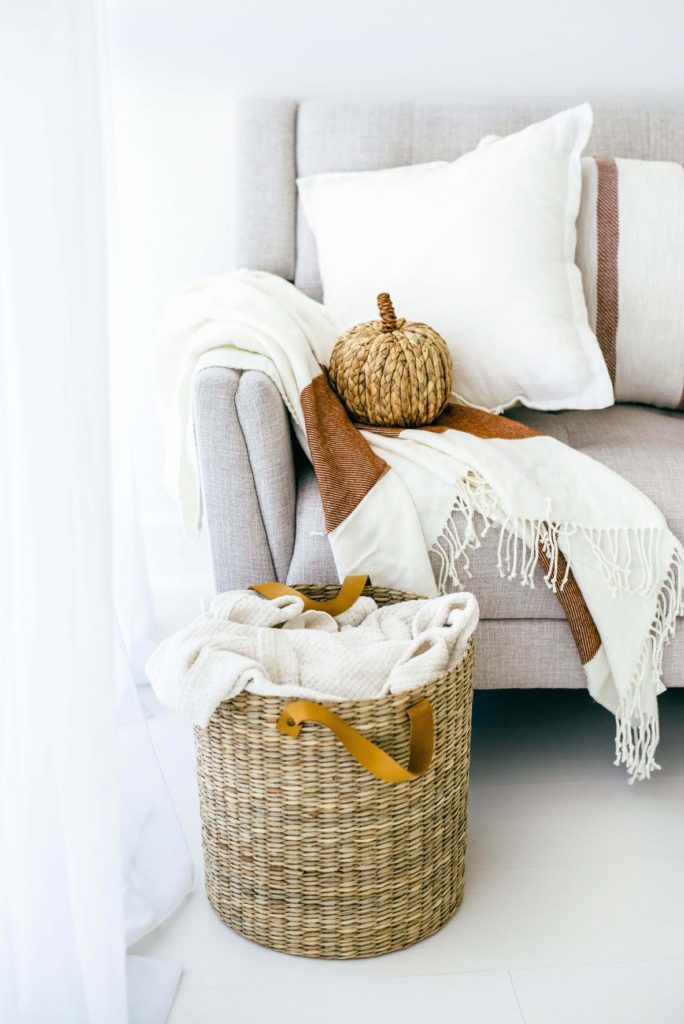
If you’re comfortable there, great.
If it feels a little cold and uncomfortable, start adding a few more personal items here and there.
Add a comfy blanket to the couch, decorative candles on a bookcase, or pictures to your mantle.
Put a few personal items here and there and see how you feel about your space now.
Rinse and repeat until you find your very own sweet spot when it comes to your stuff. Then do your best to keep it there.
There are two important things you need to keep in mind with this idea of finding your own personal level of clutter.
And remember, chances are what works well for you now will change over time.
We all go through periods in life where we need more stuff around us to feel comfortable and times when we want things more clean and orderly.
It is part of life and the seasons we go through. So, keep this in mind as time goes by and adjust as needed.
Lastly (and most importantly) don’t forget that clutter can sneak up on you.
I’m sure you’ve experienced this first hand.
You start out with a clean dining room table, put one item on it, and before long the table is so covered that you can no longer see the surface.
Maybe your husband added a bill that came in the mail or your kids added their artwork from school to the pile.
Clutter attracts more clutter and you have to stay on top of it or it will start to take over.
One of the big appeals of minimalism for many of us is that we no longer have to worry about clutter taking over.
You don’t have to go that far of course (and I never could now that I’m a mom!).
But, you simply need to be aware of the phenomenon and deal with it as time goes by.
Give your home or office a quick scan once a week and see if there’s an area where clutter is accumulating.
Take care of it by returning items to the place they belong or getting rid of them.
If you find the same spot attracting clutter week after week, see if you can come up with a solution.
Maybe there needs to be a new house rule that nothing can be left on the dining room table, or maybe you can put a pretty tablecloth and some candles on it in an effort to avoid the clutter attraction.
Whatever it is, you have to be active in cutting through that clutter and staying on top of it.
Conclusion
I hope you’ve found this short exploration of the psychology of clutter helpful.
If nothing else, I hope you examine the spaces you live and work in and think about how comfortable you are in those spaces.
Are there ways you can cut through clutter in your life? Physical or digital?
Decluttering can be hard.
It’s physically and mentally taxing, but it is well worth it when you get done and find yourself taking control of the spaces you occupy.
It’s well worth it for the peace of mind and time savings you’ll find in a cleaner, more organized place. Don’t let clutter rule you. Instead, make smart choices and surround yourself with items that you love and that make your life easier, or more pleasant.
As a parent especially, it’s important to find that sweet spot between minimalism and clutter.
Not only will you create a more comfortable home for yourself and your loved ones, but it will also greatly reduce the level of stress you’re under.
Over the next few weeks, as we take this journey of breaking down and understanding the concept of decluttering, remember that less is more is the key.
Be sure to check back next week for the next post in this cut through clutter series: The Best Books About Decluttering!






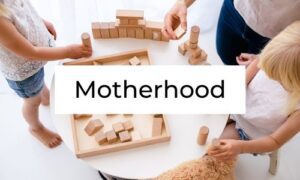
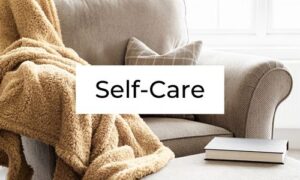

21 thoughts on “Cut Through Clutter by Understanding the Psychology Behind It”
Great post, and very thoughtful. l love decluttering especially in the summertime.
Hi KT, This is definitely me. I’ve had the roughest three weeks in years and I’m so unorganized right now.
I really appreciate your info! It has given me motivation to get myself organized!
Hi Nikki, that is tough and I’m sorry to hear that. I find that getting organized can really help me reset everything and put me in a better mood so hopefully, that helps you too!
I feel seen. Wonderful article! Clutter is definitely a huge factor in my life.
Thanks so much Meredith! So glad you enjoyed reading this and hope you enjoy the rest of the series!
This is me without admitting it, im so unorganized and my work table is filled with clutter, pieces of paper I do not need and all manner of “rubbish”
I really appreciate you sharing this, it has given me the get up and declutter that I should have done long ago.
Thanks for reading Roseline, be sure to check out the other posts in the series that will be posted throughout the month with tips and tricks on decluttering as well as some easy methods to choose from. Decluttering doesn’t have to be hard, and if you do it in a method that resonates with you, it will make the process so much easier!
I agree with all of this! Clutter gives me anxiety and I get joy in donating items = win win!
I get joy in donating things too, especially things that I genuinely don’t use anymore as I hope they end up with someone who will use them! Thanks for reading Katie!
You made some very thought-provoking statements about clutter and mental health. I appreciate your psychological perspective. I believe that clutter is a reflection of one’s mental state. Getting rid of clutter helps with promoting good mental health.
Thanks for reading Kevin! I agree that getting rid of clutter and organizing things helps with your mental health.
Great post! I’ve always said that a cluttered space = a cluttered mind. I need to have a clear space in order to be productive!
That’s a great way to look at it Deanna! I agree, when you have less clutter you are less stressed and in turn often more productive.
This is such a great article! Clutter drives me crazy and helps with my anxiety when surfaces are cleared.
Thanks Tianna! I’m the same way; I really like having the counters and sink cleaned off before I go to bed because I hate waking up to a messy kitchen in the morning!
Great points, I totally find that clutter is related to how much I am stressed and just busy in life. This is a cool series, thanks for sharing the psychology of it!
I’m the same way! I find that if things are more organized in my home, I’m less stressed!
This is such a great article! Clutter drives me crazy, but you are so right it sneaks up on you as life does!! I hadn’t thought about the clutter in your mind, but sure makes sense. I am inspired:). Thank you!
Thanks Lindsey! I hadn’t thought about the clutter in your mind or even digital clutter until I started reading and doing research for this series. It really does just sneak up on you in many different forms!
Really great post! Clutter really does bring out stress, Thanks for the helpful tips!!
Yes, they really are so connected and sometimes you don’t even realize the impact that the clutter in your home has on your mood.